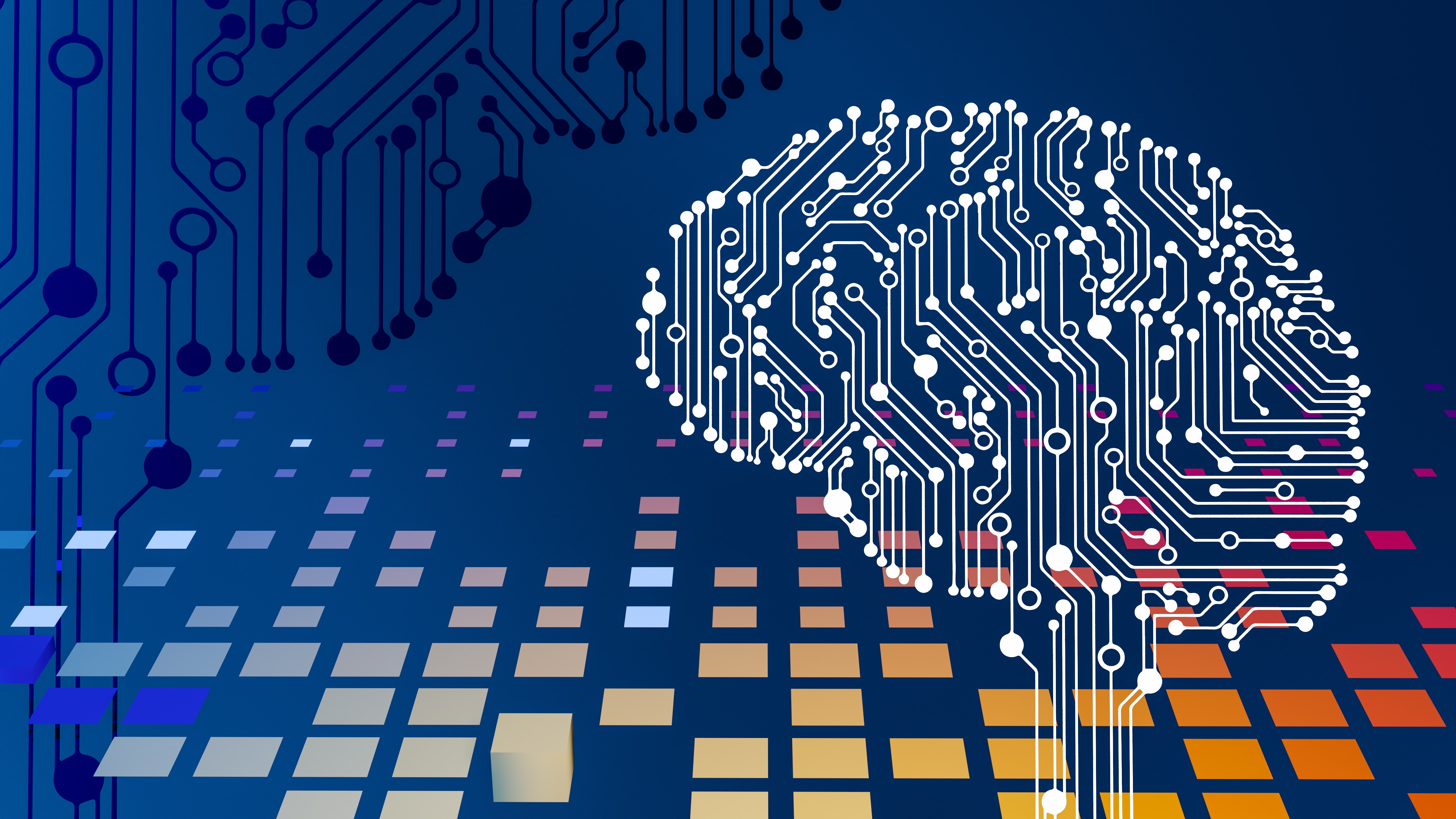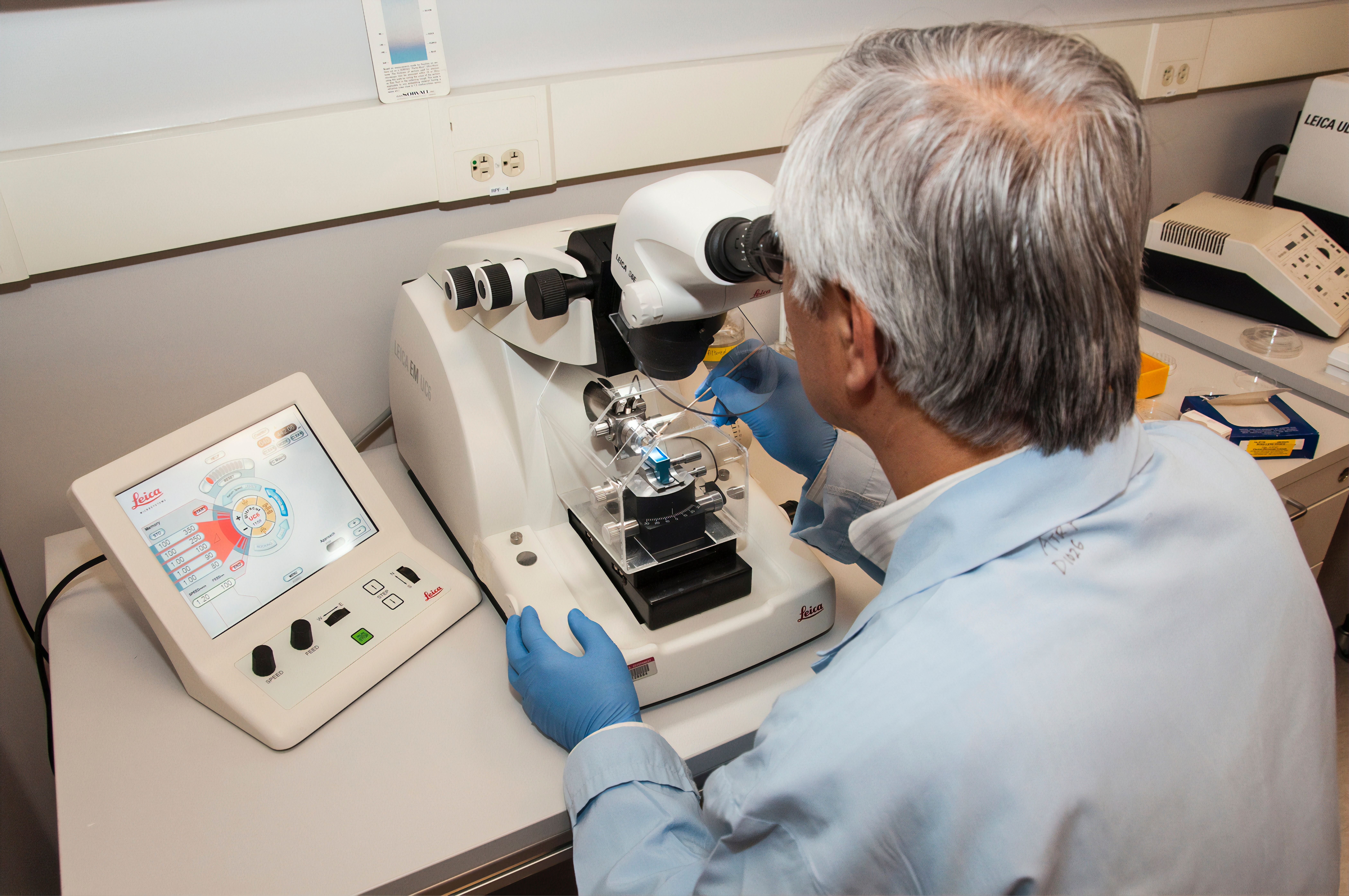Revolutionizing Biotech: The Role of AI and Machine Learning in Research and Development
Artificial Intelligence (AI) is appearing in various aspects of our lives, making its presence felt even at the Succeet conference in October 2023. Exhibitors seamlessly incorporated AI/ML into their stands and materials, reflecting the pervasive influence of these technologies. However, upon engaging with them, it became apparent that while AI is omnipresent, not all applications are revolutionary.
Despite this, it's evident that AI has the potential to streamline and expedite tasks, particularly those involving data. In Market Research Data Collection, however, a distinctive reliance on connecting with real people still persists, emphasizing the value of human interaction and communication in our approach.
In domains such as healthcare and biotech, a profound transformation is underway. The ever-evolving landscape of biotechnology is witnessing the integration of AI and Machine Learning as a transformative force. This integration extends from the intricacies of drug discovery to the intricate processes of clinical trials, fundamentally reshaping the industry’s approach to research and development. The promise of these technologies lies in the commitment to achieving faster and more efficient processes, marking a significant leap forward in these critical fields.
Unveiling New Horizons in Drug Discovery
Target Identification: In the early stages of drug discovery, AI and ML algorithms are mining vast datasets, including genomic and proteomic information, to pinpoint potential drug targets. This not only accelerates the identification process but also enhances the precision of targeting specific molecules or pathways associated with diseases.
Compound Screening: Virtual screening, powered by ML models, is revolutionizing the assessment of chemical compounds. The ability to predict biological activity expedites the selection of potential drug candidates, making the screening process more efficient than ever before.
Generative Chemistry: AI models are taking drug design to new heights by generating novel chemical structures. This innovation sparks creativity in researchers, suggesting potential compounds with therapeutic properties that might have been overlooked using traditional methods.
Enhancing Drug Development Processes
Predictive Toxicology: ML models are employed to analyse data on the toxicity of compounds. By predicting potential adverse effects early in the development process, these models help reduce the likelihood of late-stage failures and streamline drug development.
Optimizing Formulations: AI algorithms are assisting in the optimization of drug formulations. By predicting the most effective combinations of ingredients and dosages, researchers can fine-tune formulations for maximum efficacy.
Revolutionizing Clinical Trials
Patient Recruitment: AI tools are transforming the tedious process of patient recruitment for clinical trials. By analysing patient data and electronic health records, these tools identify suitable candidates efficiently, improving the speed and efficiency of trial initiation.
Predictive Analytics: ML models are predicting patient responses to treatments, enabling the design of more effective and personalized clinical trial protocols. This ensures a more targeted approach to testing the efficacy of potential treatments.
Real-time Monitoring: AI is playing a vital role in real-time monitoring of clinical trial data. By detecting trends and potential issues as they arise, researchers can make informed decisions, enhancing the overall success of clinical trials.
Personalized Medicine and Beyond
Genomic Medicine: AI and ML are at the forefront of analysing genetic data to identify biomarkers and patterns associated with disease susceptibility and treatment response. This information is pivotal in tailoring treatments to individual patients, ushering in a new era of personalized medicine.
Treatment Recommendations: AI-driven algorithms analyse patient data to recommend personalized treatment plans based on individual characteristics. This not only improves treatment outcomes but also ensures a more patient-centric approach to healthcare.
Data Management and Analysis Mastery
Data Integration: AI facilitates the integration of diverse datasets, providing researchers with a holistic view. Genomic, proteomic, and clinical data can be seamlessly analysed together, offering a more comprehensive understanding of biological systems.
Pattern Recognition: ML algorithms excel at identifying patterns and correlations in large datasets. This ability helps researchers derive meaningful insights from complex data, contributing to more informed decision-making.
As we stand on the cusp of these technological advancements, the integration of AI and ML in biotech research and development is not just a progression; it's a revolution.
The future promises even more innovation and breakthroughs as these technologies continue to evolve, propelling the biotech industry into uncharted territories.
Have a look at the following links for more information:
https://www.ncbi.nlm.nih.gov/pmc/articles/PMC7577280/
https://pubmed.ncbi.nlm.nih.gov/34984579/














